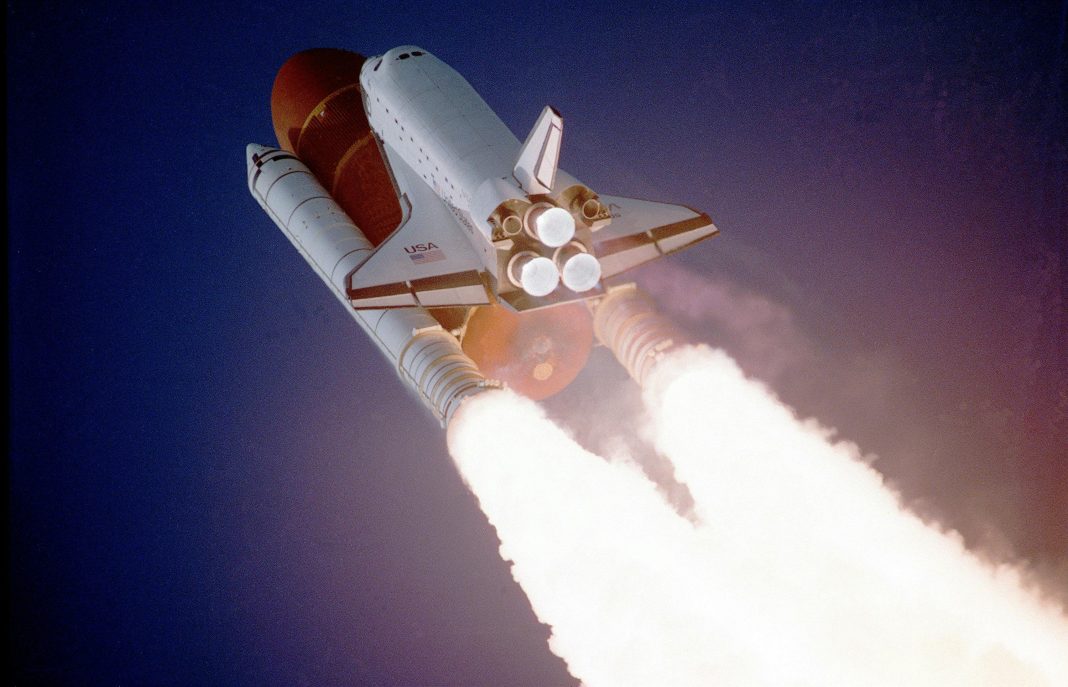The dawn of space tourism marks a new chapter in human exploration, transforming the once-exclusive realm of astronauts into a playground for the adventurous and affluent. This burgeoning industry, spearheaded by visionaries and backed by billions in investment, promises to democratize access to the cosmos. However, as we stand on the precipice of this new era, it’s crucial to examine the opportunities and challenges that accompany space tourism.
A New Era of Exploration
Space tourism is not a novel concept, but recent advancements have propelled it from science fiction to reality. Companies like SpaceX, Blue Origin, and Virgin Galactic are at the forefront, offering everything from suborbital jaunts to extended stays in space hotels. The allure of witnessing Earth’s curvature or experiencing weightlessness is undeniable, and the market for such experiences is rapidly expanding.
Economic Opportunities
The economic implications of space tourism are vast. According to a report by UBS, the industry could be worth $3 billion annually by 2030. This growth is not just beneficial for space companies; it has the potential to catalyze advancements in technology, manufacturing, and services related to space travel. Moreover, the sector promises to create thousands of jobs, from engineers and scientists to service staff in orbiting hotels.
Technological Innovation
The push for space tourism is driving significant technological innovations. Reusable rocket technology, pioneered by SpaceX, is a game-changer, drastically reducing the cost of space access. Similarly, the development of spacecraft designed for civilian passengers is pushing the boundaries of safety, comfort, and efficiency in aerospace engineering.
The Challenges Ahead
Despite the excitement surrounding space tourism, there are considerable hurdles to overcome. These challenges are not only technical but also ethical and environmental.
Safety and Accessibility
The foremost concern is safety. Space travel is inherently risky, and ensuring the safety of non-astronaut passengers is paramount. Incidents like the Virgin Galactic crash in 2014 highlight the potential dangers. Furthermore, there’s the issue of accessibility. Currently, space tourism is a luxury afforded by the ultra-wealthy. For it to truly democratize space access, significant reductions in cost are necessary.
Environmental Impact
The environmental impact of space tourism is another critical consideration. Rocket launches emit considerable amounts of greenhouse gases and black carbon into the upper atmosphere, where they have the potential to cause more damage than emissions at ground level. As the frequency of launches increases, so does the concern for our planet’s climate and the surrounding space environment.
Regulatory Landscape
Navigating the regulatory landscape of space tourism is akin to charting unexplored territory. Current space law is not equipped to handle the nuances of commercial human spaceflight. Issues ranging from passenger safety to space traffic management and the long-term sustainability of outer space activities require comprehensive international regulations.
The Path Forward
For space tourism to flourish sustainably, a collaborative approach is essential. This includes:
- Strengthening International Cooperation: Developing a global framework for space tourism regulation is crucial. This framework should address safety standards, environmental protection, and the equitable use of outer space.
- Fostering Innovation: Encouraging technological advancements that reduce costs and environmental impacts will be key. This includes developing eco-friendly propulsion systems and enhancing spacecraft efficiency.
- Promoting Inclusivity: Making space tourism accessible to a broader demographic is vital for its long-term viability. This could involve creating more affordable space tourism packages or investing in educational programs to inspire future generations.
Conclusion
Space tourism represents an unprecedented opportunity to experience the wonders of the cosmos. As we embark on this exciting journey, it’s imperative to navigate the challenges with foresight and responsibility. By addressing safety, environmental, and regulatory issues, we can ensure that space tourism develops into a sustainable and inclusive industry that benefits all of humanity.
The final frontier awaits, and the decisions we make today will shape the future of space exploration for generations to come.

